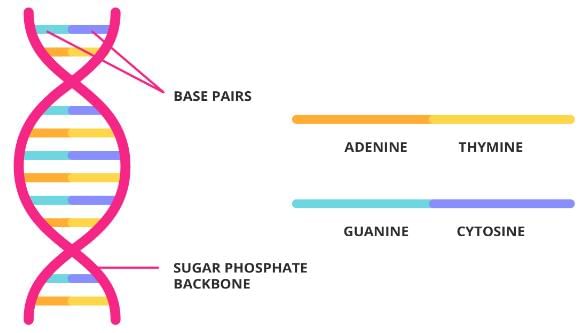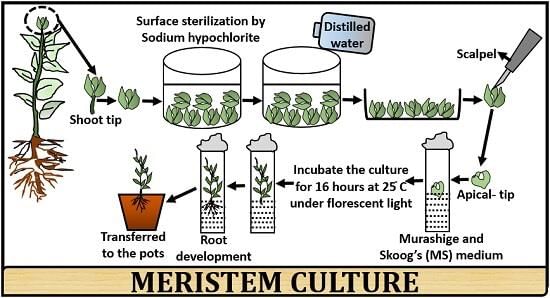Test: Single Cell Protein & Tissue Culture (Old NCERT) - Grade 12 MCQ
10 Questions MCQ Test - Test: Single Cell Protein & Tissue Culture (Old NCERT)
The production of new characteristics by introducing new genes and altering the genome is called
Which of the following terms is used to describe the component isolated from a plant for in vitro culturing in the specific medium?
| 1 Crore+ students have signed up on EduRev. Have you? Download the App |
To meet the demands of society, the in vitro production of a large number of plantlets in a short duration practized in the floriculture and horticulture industry is called ____ .
In a tissue culture medium, the embryoids formed from pollen grains is due to
To obtain disease-free plants through tissue culture techniques, the best method is
Somaclonal variation appears in plants
Micropropagation is the ______ .
Mark the INCORRECT statement about agar, a gelling agent in plant tissue culture medium?
Which one of them is NOT the main effect of polyamines in the tissue culture system?



















